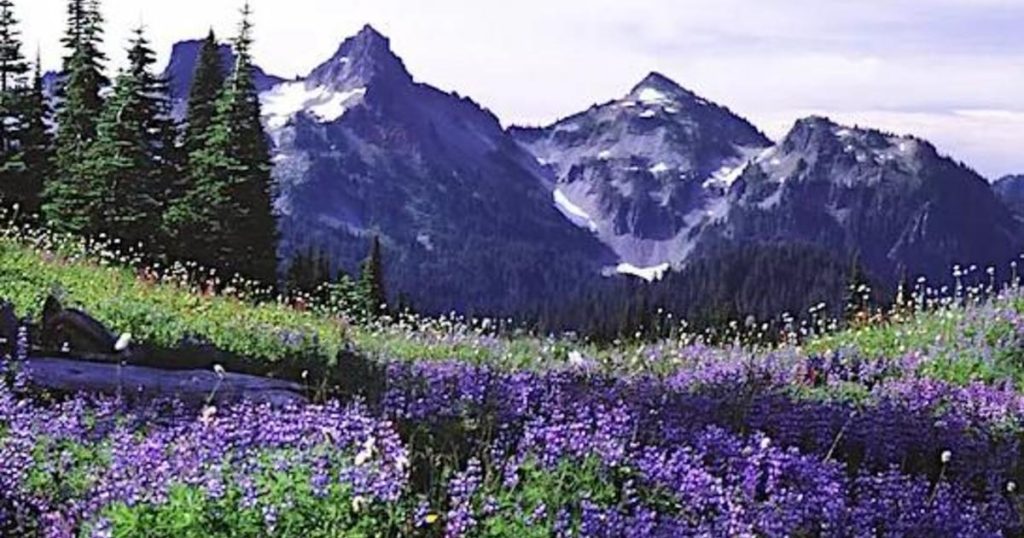The body of a female skier who had been missing since May 18 was found in Mount Rainier National Park three weeks later. The woman had set out to ski tour above the park’s Paradise area and was reported overdue. Four rangers and two volunteers searched on the ground, and the park’s contract helicopter spotted an unresponsive person during a reconnaissance flight. Her body was discovered at the base of Pebble Creek’s Moraine Falls, where she had fallen approximately 200 feet. Recovery teams faced challenges due to the area being surrounded by a large snow moat that posed risks of rock and ice fall.
The woman’s body was recovered during a period of favorable weather, and the helicopter transported it to the Kautz Creek Helibase for evaluation by the Pierce County Medical Examiner. The park did not release the woman’s name to the public. This tragic incident highlights the dangers of backcountry skiing and the importance of respecting the risks associated with outdoor activities in remote areas. The recovery efforts were complicated by the unstable terrain and weather conditions in the area, underscoring the challenges faced by search and rescue teams in such environments.
Mount Rainier National Park is a popular destination for outdoor enthusiasts, offering a wide range of recreational activities such as hiking, skiing, and mountaineering. However, the park’s rugged terrain and unpredictable weather can pose significant risks to visitors, especially those engaging in backcountry activities. Search and rescue operations in remote wilderness areas require specialized skills and equipment to navigate challenging conditions and locate missing individuals. The recovery of the skier’s body involved coordination between park rangers, volunteers, and helicopter support to safely retrieve her remains.
The tragic outcome of the skier’s disappearance serves as a reminder of the inherent dangers of outdoor adventures in remote wilderness areas. Despite the beauty and allure of national parks like Mount Rainier, visitors must exercise caution and be prepared for emergencies. Proper planning, communication, and understanding of the risks involved are essential for ensuring the safety of individuals exploring the backcountry. The incident also underscores the importance of timely reporting for missing persons in national parks, enabling search and rescue teams to respond promptly to emergencies and prevent further tragedies.
The recovery efforts in Mount Rainier National Park demonstrate the dedication of park rangers and volunteers to ensuring the safety of visitors in challenging environments. The collaborative search and rescue operation required careful planning and execution to locate and retrieve the skier’s body from a hazardous location. Despite the inherent risks associated with outdoor activities, the park is committed to upholding safety standards and providing assistance to those in need. The incident serves as a sobering reminder of the need for vigilance and preparedness when venturing into the wilderness, as well as the importance of valuing the lives and well-being of all individuals who partake in outdoor exploration.
In conclusion, the recovery of the female skier’s body in Mount Rainier National Park highlights the risks and challenges of backcountry skiing and outdoor activities in remote wilderness areas. The tragic incident underscores the importance of safety measures, emergency preparedness, and timely reporting for missing persons in national parks. The collaborative efforts of park rangers, volunteers, and helicopter support showcase the dedication and professionalism of search and rescue teams in responding to emergencies. While outdoor adventures offer unique experiences and opportunities for exploration, visitors must prioritize safety and heed warnings to prevent accidents and fatalities in unforgiving environments.


